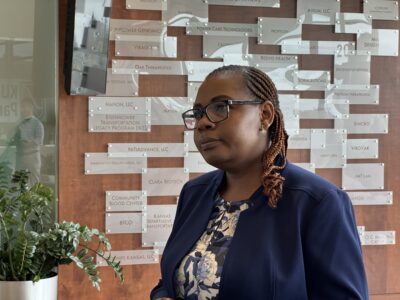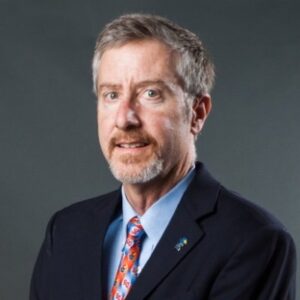Committee adopts bill that prohibits state funding of remedial courses at public colleges
Topeka ? A House committee on Wednesday approved a bill that would prohibit state funds from being used for remedial courses at Kansas University and other public colleges.
The measure, House Bill 2745, which was proposed by House Speaker Mike O’Neal, R-Hutchinson, would also cut from 10 percent to 5 percent the number of freshman class or transfer admissions allowed under the “exception window,” meaning they don’t meet minimum admissions standards.
The measure was recommended for approval by the Appropriations Committee and will next go to the full House.
State Rep. Barbara Ballard, D-Lawrence, opposed it, saying that remedial courses are often needed to help college students who may be returning to school after years of not attending school, or are the first members of their family to attend school, or simply need help with a specific subject, such as math.
But state Rep. Anthony Brown, R-Eudora, said the bill will put the responsibility on parents to make sure their children take college-bound courses in high school.
KU officials say they offer one remedial course in math.
In all six regents schools, approximately 14.5 percent of the entering freshman class take a remedial course, according to state figures.
Under the bill, the schools could still offer remedial courses but could not receive state funding for them.
Reducing the exception window would probably affect only a few schools.
In the 2010-11 academic year, 15,810 Kansas residents were admitted as freshmen in regents universities, and 711, or 4.5 percent, of those were admitted through the exception window, according to the state.
Of the six regents schools, three exceeded 5 percent in the number of freshman students admitted as exceptions: Emporia State, 8.1 percent; Pittsburg State, 7.1 percent; and Fort Hays State, 6.8 percent. Kansas State was a 3.7 percent; Wichita State at 1.6 percent; and KU had the lowest rate of admitting students under the exception at 0.4 percent.







